Keywords: Youth Detention
-
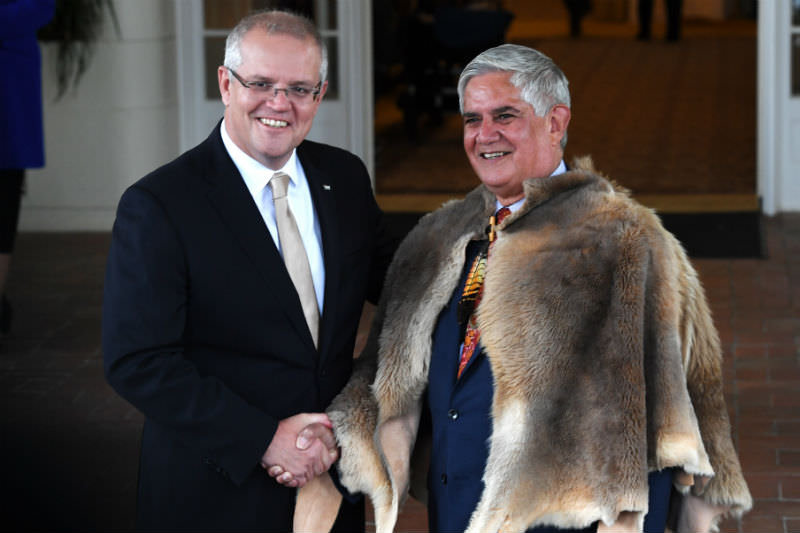
AUSTRALIA
- Celeste Liddle
- 19 June 2019
8 Comments
It's long fascinated me that it tends to be the conservative side of politics that has delivered many of our Indigenous political firsts. Perhaps it's simply because Indigenous conservatives are, by virtue of their politics, no real threat to the status quo. Our Minister for Indigenous Australians Ken Wyatt is a case in point.
READ MORE 
-
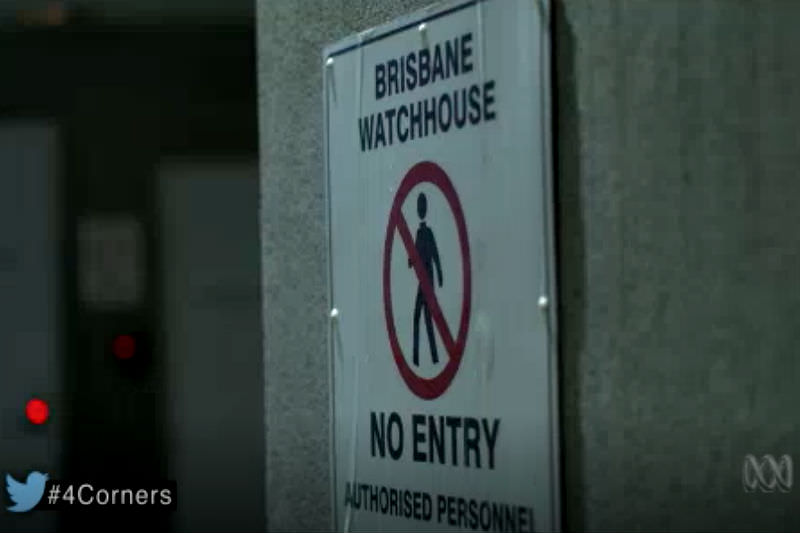
AUSTRALIA
- Julie Edwards
- 28 May 2019
6 Comments
Almost two years have passed since the youth justice royal commission prompted by the abuses at Darwin's Don Dale youth detention facility. Yet many of its recommendations remain unrealised, largely due to a lack of federal funding support. In the meantime, youth justice has remained at the crossroads in many parts of Australia.
READ MORE 
-
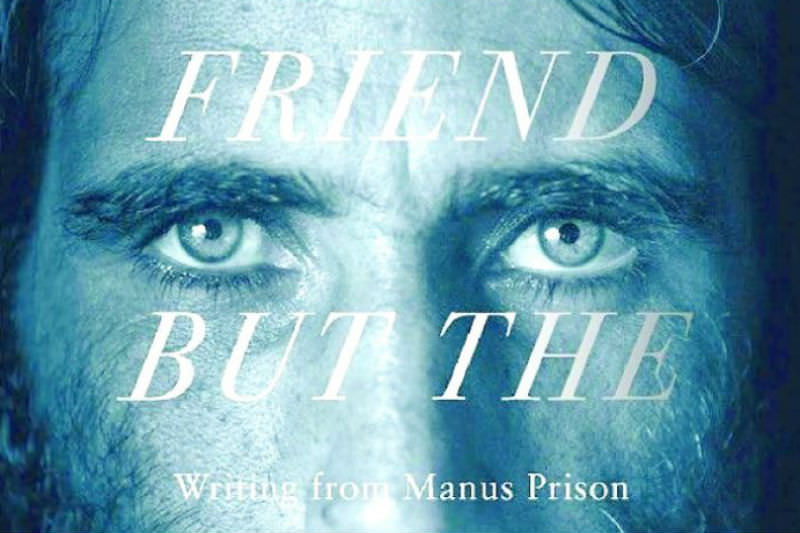
AUSTRALIA
- Andrew Hamilton
- 07 May 2019
10 Comments
No Friend But the Mountains deservedly won an Australian prize but was considered ineligible for others because the writer was not Australian. The book itself mocks that exclusion. Boochani's years on Manus Island branded him as Australian in the same way African slaves became American by the brand American owners burned on to them.
READ MORE 
-
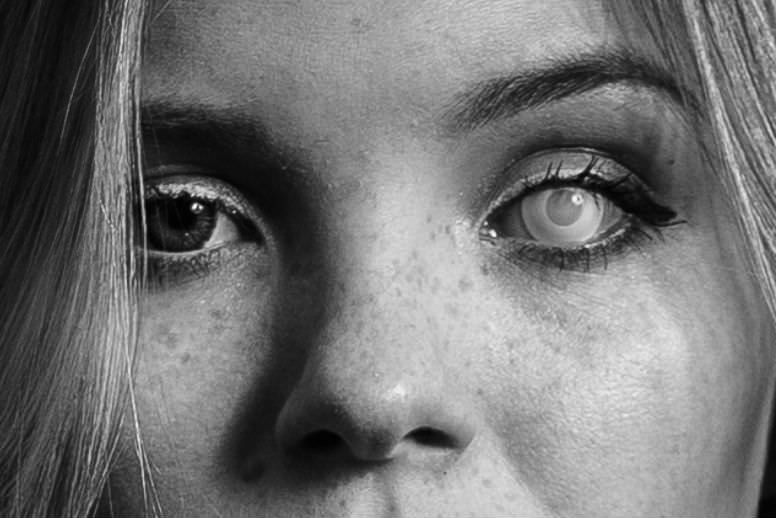
AUSTRALIA
- Justin Glyn
- 06 March 2019
3 Comments
Last month, Parliament mandated a royal commission into the treatment of people with disabilities. Now we hear it will not proceed before hearing from all states and territories. People with disabilities are most in need of strong centralised protections. The federal government, while giving with one hand, has been taking with the other.
READ MORE 
-

AUSTRALIA
- Andrew Hamilton
- 31 January 2019
17 Comments
Experience suggests that royal commissions disclose only a fraction of unacceptable behaviour committed, and that the cultural attitudes that entrench it outlast the proposed reforms. The reasons for their comparative ineffectiveness can be illuminated by reflection on reforms of the 19th century.
READ MORE 
-
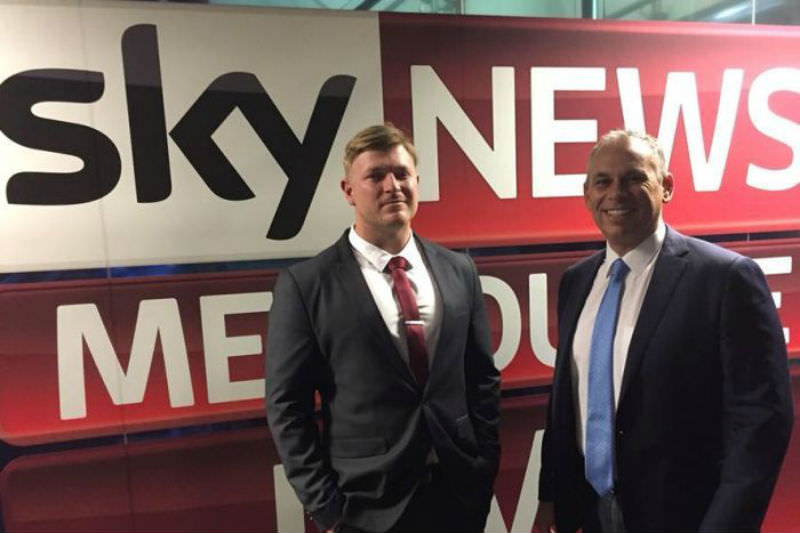
MEDIA
- Celeste Liddle
- 13 August 2018
6 Comments
For too long, the media has been complicit in maintaining the conditions which allow the likes of Cottrell and Hanson to become 'figures'. They fuel history wars, demonise migrants, target Aboriginal activists, objectify and ridicule women while ensuring at the end of the day, the Murdochs and Packers of the world still have hefty pay cheques.
READ MORE 
-

AUSTRALIA
- Julie Edwards
- 10 May 2018
6 Comments
The budget includes a range of tax cuts for many Australian workers and some funding for education and early childhood services but fails to address the ever-growing inequality across the country. Simply put, it is those in the greatest need of support who have yet again been left behind.
READ MORE 
-
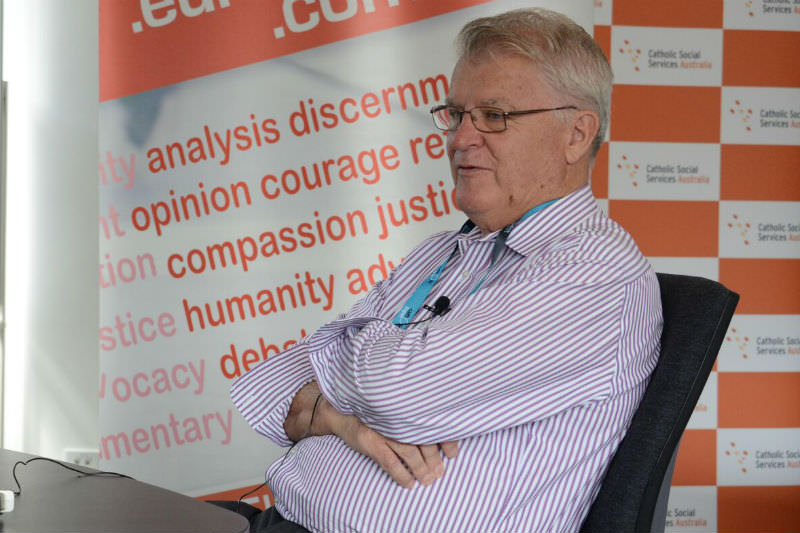
PODCAST
Youth detention seems to only attract attention when there's a crisis. What are we not confronting when it comes to young people who run into the law? How do we advocate for them in a hostile political and media environment? We talk to former Victorian children's commissioner Bernie Geary.
READ MORE
-
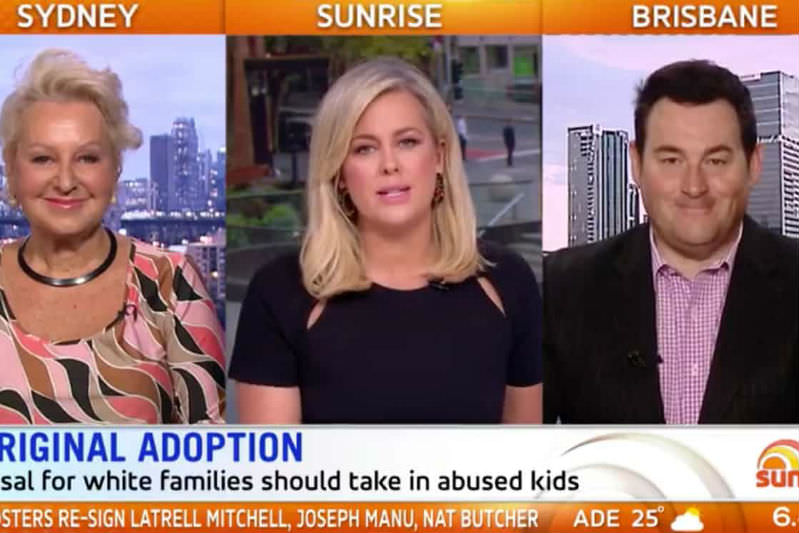
AUSTRALIA
- Fatima Measham
- 15 March 2018
3 Comments
Politicians like to talk family. They talk about their own during campaigns, to establish their credential as human beings. They talk about ours, the 'working families' and 'family values' upon which socio-economies rest. There is even a party called Family First. But let's get real. We wreck families all the time.
READ MORE 
-

RELIGION
- Andrew Hamilton
- 14 March 2018
16 Comments
At the heart of Pythagoras' contribution was wonder at a world in which human intelligence could understand and handle such different phenomena as music, architecture and the stars through mathematics. The cult of numbers in a cruder form remains characteristic of public life today. The most revered numbers are economic.
READ MORE 
-

RELIGION
- Denis Fitzgerald
- 16 February 2018
5 Comments
Catholic social service agencies are facing many challenges from a number of the disruptions at play in our postmodern society. These have to be addressed if the agencies are to continue their work with those on the margins, and their indispensable contribution to the mission of the Church.
READ MORE 
-

AUSTRALIA
- Andrew Hamilton
- 13 December 2017
3 Comments
We may feel momentary relief that a dangerous little villain is being dealt with. But the cost of imprisonment is heavy: a malleable child whose path might have changed is stunted in their development and sent to a preparatory school likely to graduate to a lifetime in adult prisons.
READ MORE 